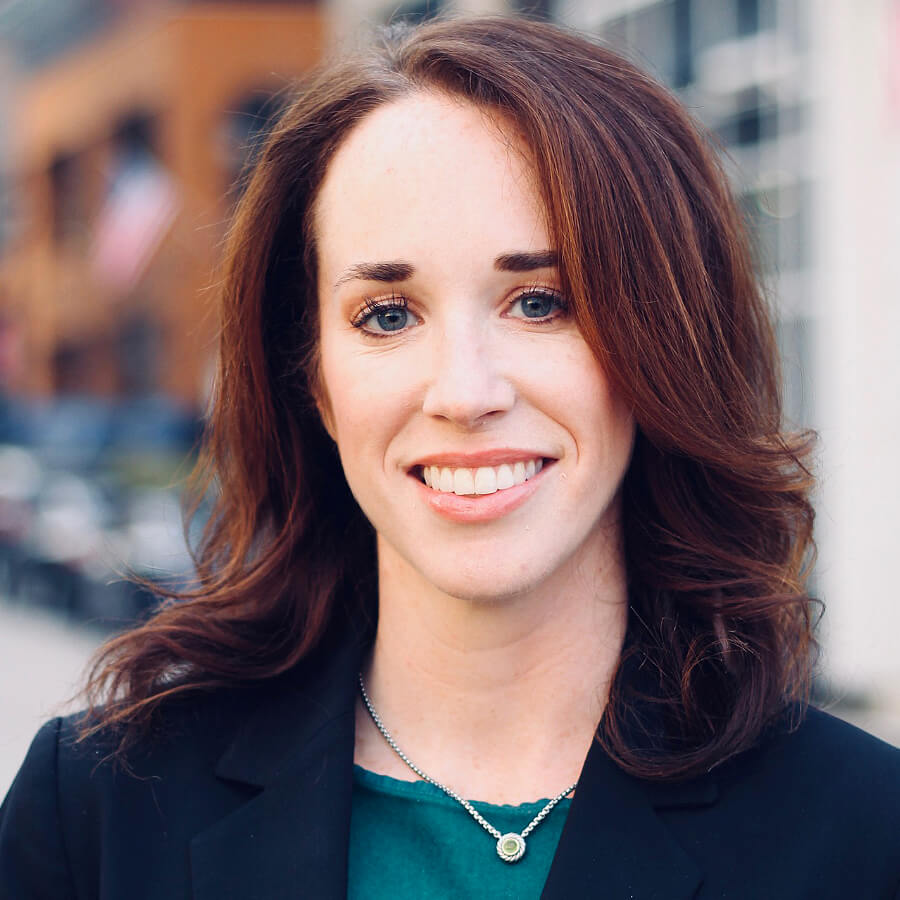The CBD Association is working hard for you both in the U.S. and internationally. Here are some recent developments:
Cannabis in the 2020 Election – Ballot Initiatives
In this November 2020 election, cannabis legalization initiatives will appear on the ballots of five states: Arizona, Mississippi, Montana, New Jersey, and South Dakota.
Mississippi – Medical Marijuana Initiative – Initiative 65 and Alternative 65A
Both would establish a medical marijuana exception to the legality of cannabis for patients suffering from specific illnesses/diseases. Initiative 65 includes a lot of detail regarding age, amount of possession, and eligible conditions. Alternative 65A includes none of these details and would leave the development of the new program up to the Mississippi State Congress.
Arizona – Proposition 207
This initiative would establish a recreational marijuana program in Arizona for adults 21 and older. Marijuana cultivation, possession, and use would be legal for adults up to certain amounts. The Arizona Department of Health Services would be responsible for the development of the program rules and regulations.
South Dakota – Constitutional Amendment A and Initiated Measure 26
Constitutional Amendment A – Legalizes recreational use of marijuana; requires the legislature to pass laws providing for the use of medical marijuana and the sale of hemp by April 1, 2022. If this amendment is APPROVED, the South Dakota Constitution will be amended to legalize recreational marijuana for use by anyone 21 years of age or older.
Initiated Measure 26 – provides for a medical marijuana program in South Dakota. If this measure is APPROVED, the State would allow the use of marijuana for medical purposes and allow those that have been authorized by a physician to have access to limited products designed to help with selected medical conditions.
Montana – Initiative 190 and Initiated Constitutional Amendment CI-118
Initiative 190 would legalize the possession and use of one ounce or less of marijuana or 8 grams or less of marijuana concentrate by persons over the age of 21 in Montana. Montana residents would be allowed to possess, use, and grow marijuana on January 1, 2021.
The Montana Department of Revenue would be responsible for regulating the cultivation, manufacture, transport, and sale of marijuana in Montana. It would begin accepting marijuana provider and dispensary applications by January 1, 2022.
Marijuana and marijuana-infused products would be taxed at 20% of the retail price. After deducting any administrative costs incurred by the department to enforce the initiative, the tax revenue would be allocated to the general fund, conservation programs, veterans programs, drug addiction treatment programs, local authorities enforcing the initiative, and healthcare workers.
CI-118 would amend Section 14, Article 2 of the Montana Constitution to allow the legislature or a citizen initiative to establish the legal age of purchasing, consuming, or possessing marijuana, as the legislature did with alcohol. Currently, the recreational use of marijuana is against state law.
New Jersey – Public Question 1
Question 1 would add an amendment to the state constitution that legalizes the recreational use of marijuana for persons age 21 and older and legalizes the cultivation, processing, and sale of retail marijuana. The constitutional amendment would take effect on January 1, 2021.
The ballot measure would not provide common specifics, such as possession limits, home-grow rules, and retail regulations. The legislature and New Jersey Cannabis Regulatory Commission would need to enact additional laws and regulations.
Study Finds Growing First-time Cannabis Use in Adults over 60
A recent study by the University of California San Diego School of Medicine researchers report that older adults use cannabis primarily for medical purposes to treat a variety of common health conditions, including pain, sleep disturbances, and psychiatric conditions like anxiety and depression.
The researchers found that 61% of the patients who used cannabis had initiated use after age 60.
The study, published online Oct. 7, 2020, in the Journal of the American Geriatrics Society, found that of 568 patients surveyed, 15% had used cannabis within the past three years, with half of the users reporting using it regularly and mostly for medical purposes.
According to Dr. Alison Moore, chief of the Division of Geriatrics in the Department of Medicine at UC San Diego School of Medicine, “the findings demonstrate the need for the clinical workforce to become aware of cannabis use by seniors and to gain awareness of both the benefits and risks of cannabis use in their patient population. Given the prevalence of use, it may be important to incorporate evidence-backed information about cannabis use into medical school and use screening questions about cannabis as a regular part of clinic visits.”
SBA Calls for the USDA to Reconsider Interim Finale Rule for Domestic Hemp Production – Current Regulations “Stifle” the Industry
The U.S. Small Business Administration’s Office of Advocacy is concerned about the potential effects the USDA Final Interim Rule regarding domestic hemp productions will have on small businesses if it is finalized without modifications. On October 8, Advocacy issued a comment urging the USDA to reconsider certain requirements of the rule and to consider regulatory alternatives outlined by several states and small entities.
The comment claims that “the rule has already stifled the industry as many farmers have chosen not to grow hemp this year until they are certain about what the requirements are, and whether they can produce compliant crops without the risk of a total loss of their investment due to mandatory destruction of hot crops. In some instances, they have noted that the rules are so stringent that they feel as though they are being set up to fail.” The SBA calls for the following amendments to the IFR:
- USDA should allow for remediation and on-farm disposal of non-compliant crops so that farmers do not experience a total revenue loss.
- USDA should lengthen the 15-day harvest window as it is too narrow, and simply unworkable for farmers.
- Testing should include more than just the top one-third of the plant as this better reflects how the plant will be used and ensures that there will not be an inflated number of hot crops.
- USDA should reconsider its measurement of uncertainty for sampling to account for variables in pre-sampling activities.
- The requirement that labs be DEA registered overburdens labs and farmers.
- That USDA should reopen the public comment period to allow for further modification of the IFR.
The office of Advocacy, like much of the hemp industry, fears that if the IFR is not amended, the small hemp producers and business owners will disappear or go out of business under the weight of these regulations.
US Opposes CBD Specific Exemption in International Drug Treaty – Advocates for the Removal of Cannabis as a Whole
The United States says it does not support a World Health Organization proposal to remove CBD extracts with less than 0.2% THC from international drug control established under the Single Convention on Narcotic Drugs (1961) and the Convention on Psychotropic Substances (1971).
Last year, the World Health Organization made six recommendations for changing the way that cannabis and cannabis-related substances are scheduled in the Single Convention on Narcotic Drugs (1961) and the Convention on Psychotropic Substances of 1971.
Two of the recommendations, if adopted, could affect products containing cannabis-derived cannabidiol. Combined, they would effectively remove CBD from international control.
On October 8th, U.S. State Department attorney Patt Prugh, speaking to the United Nations gathering in Vienna, said that a proposal to exclude low-THC cannabis products that are “predominantly” CBD from the jurisdiction of a 50-year-old global drug treaty could “introduce legal ambiguities and contradictions that would undermine effective drug control.”
“If adopted, at best, they would introduce legal ambiguities and contradictions that would undermine effective drug control, and at worst they could result in the exclusion of control of all THC derived from cannabis cultivated for industrial purposes and THC derived from leaves separated from the cannabis plant,” Prugh said. “This would undoubtedly lead to further cannabis abuse.”
Prugh said the U.S. supports removing cannabis from Schedule 4 of the Single Convention on Narcotic Drugs (1961) – but not adding a specific exemption for mostly CBD preparations. The category is reserved for drugs that are “particularly liable to abuse” and don’t have “substantial therapeutic advantages.”


